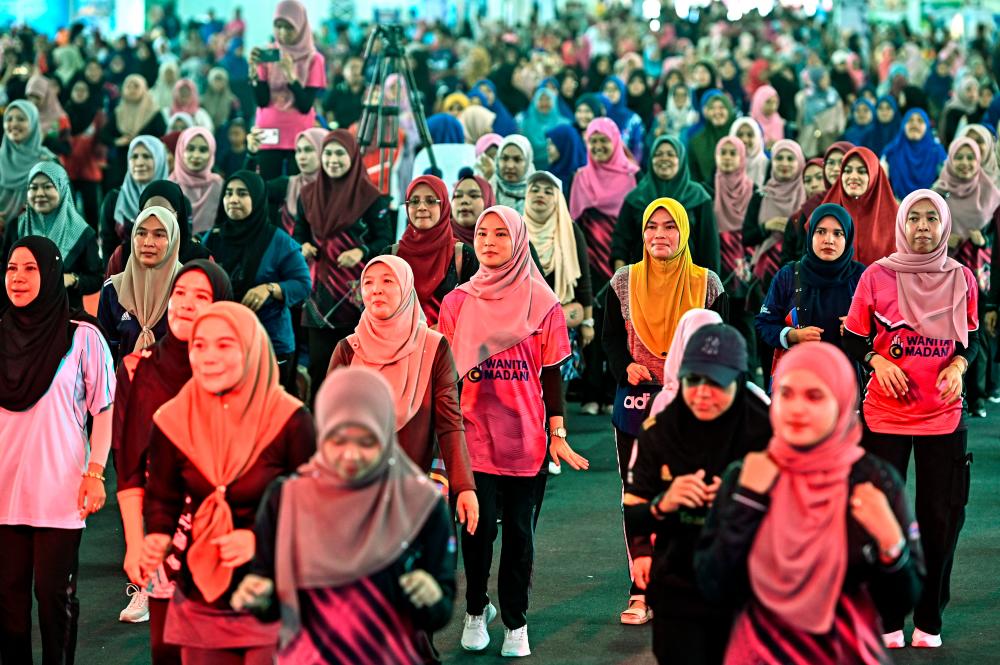PETALING JAYA: Men, who tend to engage in riskier behaviours such as smoking and excessive alcohol consumption, could have a shorter lifespan compared with women, who are protected against various diseases due to the hormone oestrogen.
Universiti Kebangsaan Malaysia public health medicine specialist Prof Dr Sharifa Ezat Wan Puteh said while variations exist across countries, the pattern of women outliving men is a global phenomenon that also holds true for Malaysia and the wider Asean region.
This is proven by 2023 data from the Statistics Department, which revealed that Malaysian men tend to have a shorter lifespan, with an average of 72.5 years, compared with women who typically average 77.4 years.
“Trends over the past few years also showed that the average lifespan of men has exhibited slight fluctuations. It was 72.5 years in 2019, dropping slightly to 71.8 in 2021 before returning to 72.5 in 2023.
“Conversely, the average lifespan of women has remained relatively stable, standing at 77.4 years in 2019, dipping to 76.5 in 2021 and rebounding to 77.4 in 2023.”
Sharifa said the disparity raises concerns regarding its underlying causes and the implications it holds for public health and healthcare policies, adding that biological factors are a key contributor to the disparities.
“Women naturally produce oestrogen, which protects them notably against cardiovascular disease, which is a leading cause of death among men.
“However, elevated levels of testosterone in men is associated with increased risks of certain diseases, including prostate cancer, and aggression, which can impact their life expectancy in cases of violence.”
Sharifa said World Bank data showed that men were nearly twice as likely to “binge drink” and are more prone to smoking, which heightens their susceptibility to diseases such as cancer, thus shortening their lifespan.
She also highlighted the disparities in gender usage of healthcare services, as women tend to access a broader range of health services, particularly those for reproductive health.
“These include regular attendance at antenatal and postnatal care clinics.
“Such access to reproductive health services plays a role in contributing to their longer lifespan,” she said.
To address the disparity in life expectancy, Sharifa emphasised the importance of addressing non-communicable diseases and reducing negative lifestyle behaviours among men.
“The importance of collaborating with general practitioners to implement workplace health services and improving access to male-centric healthcare is crucial to mitigate the disparity.”
Sharifa suggested raising awareness and promoting proper self-care practices among men.
She said comprehensive public health interventions are urgently needed and necessitate collaboration among policymakers, healthcare providers and communities.
“By addressing the issues, our country can strive towards achieving greater equality in life expectancy and enhancing the overall health and well-being of the population.”









